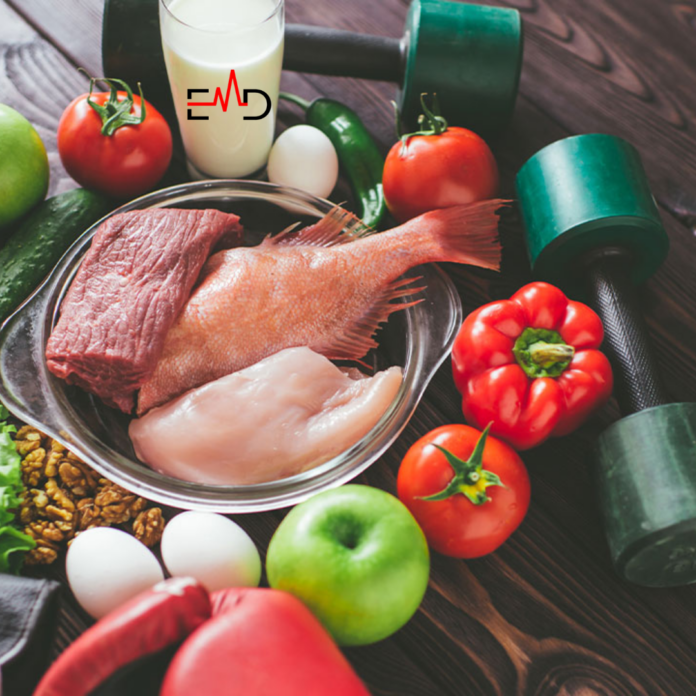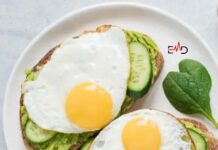Exercise Daily – As athletes, we all share a common goal: to perform at our best and achieve our dreams. Whether you’re a professional athlete or a dedicated fitness enthusiast, one crucial factor can make or break your success – ENERGY. In this article, we’ll delve into nutrition and unveil the top 10 Energy-Boosting Foods for Athletes that can help you crush your goals. Let’s get started!
Importance of Energy for Athletes
Before we dive into the specifics, it’s essential to understand why energy is paramount for athletes. Energy fuels our workouts, enhances endurance, and aids in recovery. Without the right nutrition, your performance could suffer.
The Role of Nutrition
Nutrition plays a pivotal role in providing the energy your body needs to excel in sports. It’s not just about calories; it’s about the quality of those calories. Let’s explore the top 10 foods that should be on your plate.
The Top 10 Energy-Boosting Foods
1. Complex Carbohydrates for Sustained Energy
Fueling Up with Carbs
Carbohydrates are the body’s preferred energy source. They provide the stamina you need to endure long workouts and intense training sessions.
Top Carbohydrate Sources
- Whole Grains: Opt for brown rice, quinoa, and whole wheat pasta.
- Oats: Perfect for a hearty breakfast or pre-workout meal.
- Sweet Potatoes: Packed with complex carbs and vitamins.
- Beans: A protein and fiber combo for lasting energy.
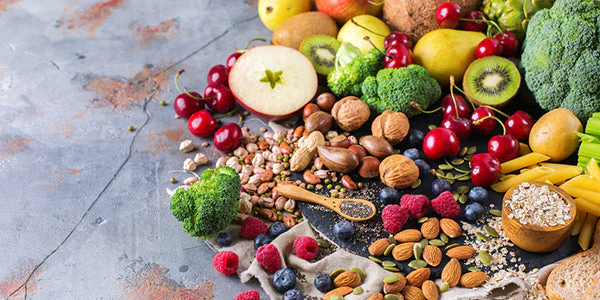
2. Lean Proteins for Muscle Building
Protein’s Role in Athletic Performance
Protein is the building block of muscles. It aids in muscle repair and growth, crucial for athletes looking to excel.
Best Protein-Rich Foods
- Chicken Breast: Lean and protein-packed.
- Salmon: Rich in omega-3s for joint health.
- Tofu: Ideal for plant-based athletes.
- Greek Yogurt: A protein and probiotic powerhouse.
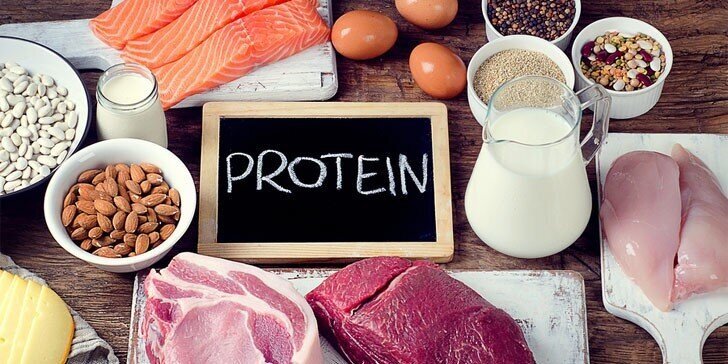
3. Healthy Fats for Endurance
The Good Fats for Athletes
Healthy fats provide long-lasting energy, making them essential for endurance athletes.
Foods Rich in Healthy Fats
- Avocado: Creamy and packed with monounsaturated fats.
- Nuts: Almonds, walnuts, and pistachios are great choices.
- Olive Oil: Perfect for drizzling on salads.
4. Hydration: The Athlete’s Secret Weapon
Why Hydration Matters
Dehydration can lead to fatigue and decreased performance. Proper hydration is a game-changer.
Hydration Strategies
- Water: The ultimate hydration hero.
- Sports Drinks: Ideal for intense workouts.
- Coconut Water: Nature’s electrolyte source.
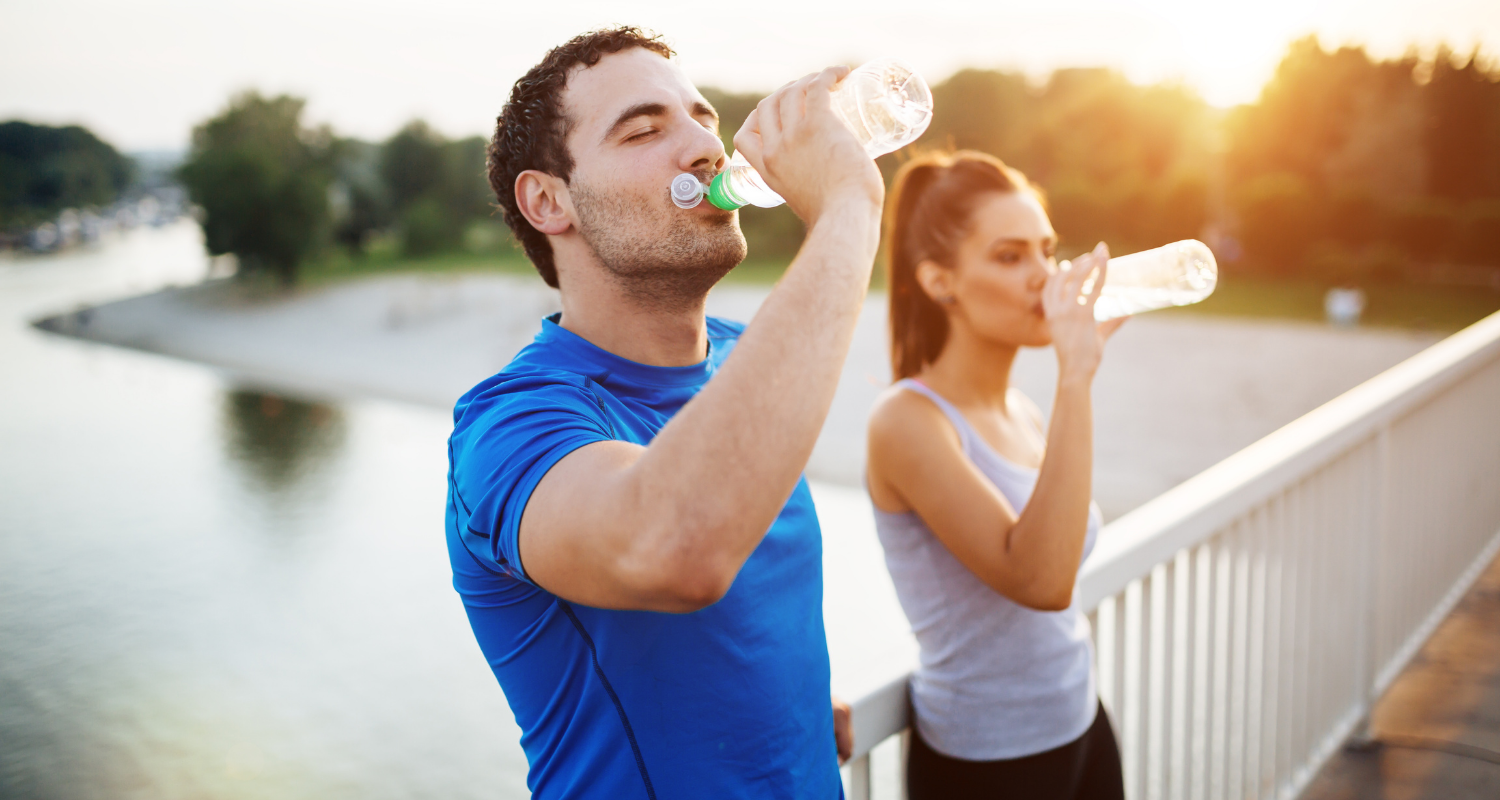
5. Antioxidants: Your Defense Against Fatigue
The Antioxidant Advantage
Antioxidants combat oxidative stress, helping you recover faster and perform better.
Antioxidant-Rich Foods
- Blueberries: Packed with antioxidants and vitamins.
- Spinach: A versatile leafy green.
- Dark Chocolate: A tasty treat with antioxidants.
6. Essential Vitamins and Minerals for Peak Performance
Vitamins and Minerals Athletes Need
These nutrients are essential for overall health and athletic performance.
Foods High in Essential Nutrients
- Oranges (Vitamin C): Boosts immunity and aids in recovery.
- Spinach (Iron): Vital for oxygen transport.
- Bananas (Potassium): Prevents muscle cramps.
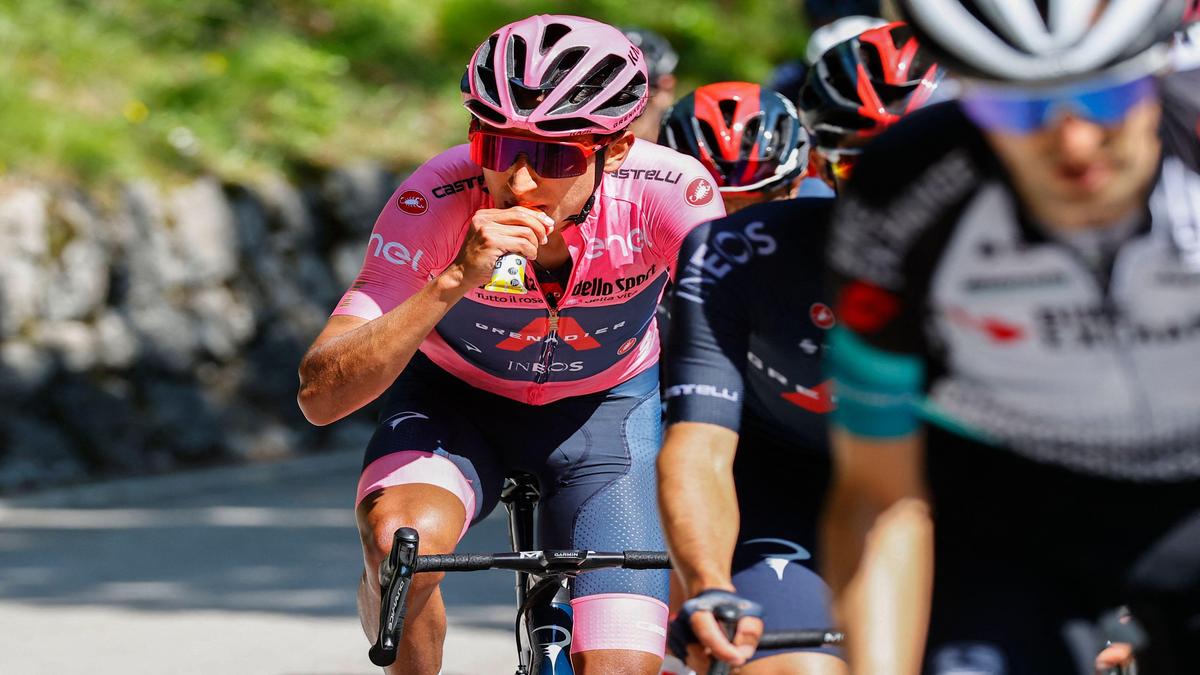
7. Caffeine: The Performance Enhancer
Harnessing Caffeine’s Power
Caffeine can provide a much-needed energy boost but should be consumed strategically.
Caffeine Sources and Tips
- Coffee: A classic choice for a pre-workout kick.
- Green Tea: Contains antioxidants and caffeine.
- Dark Chocolate: A delicious caffeine source.
8. Smart Snacking for Energy
The Art of Snacking
Smart snacking can maintain your energy levels throughout the day.
Nutritious Snack Ideas
- Greek Yogurt: A protein-packed snack.
- Mixed Nuts: A combo of healthy fats and protein.
- Fruit: Nature’s energy-boosting snack.
9. Pre-Workout Nutrition: Fueling Your Body
Preparing for Athletic Excellence
Your pre-workout meal should set the stage for a successful training session.
Foods to Eat Before Training
- Oatmeal: Complex carbs for sustained energy.
- Bananas: Quick and easy fuel.
- Chicken Breast: Lean protein for muscle support.
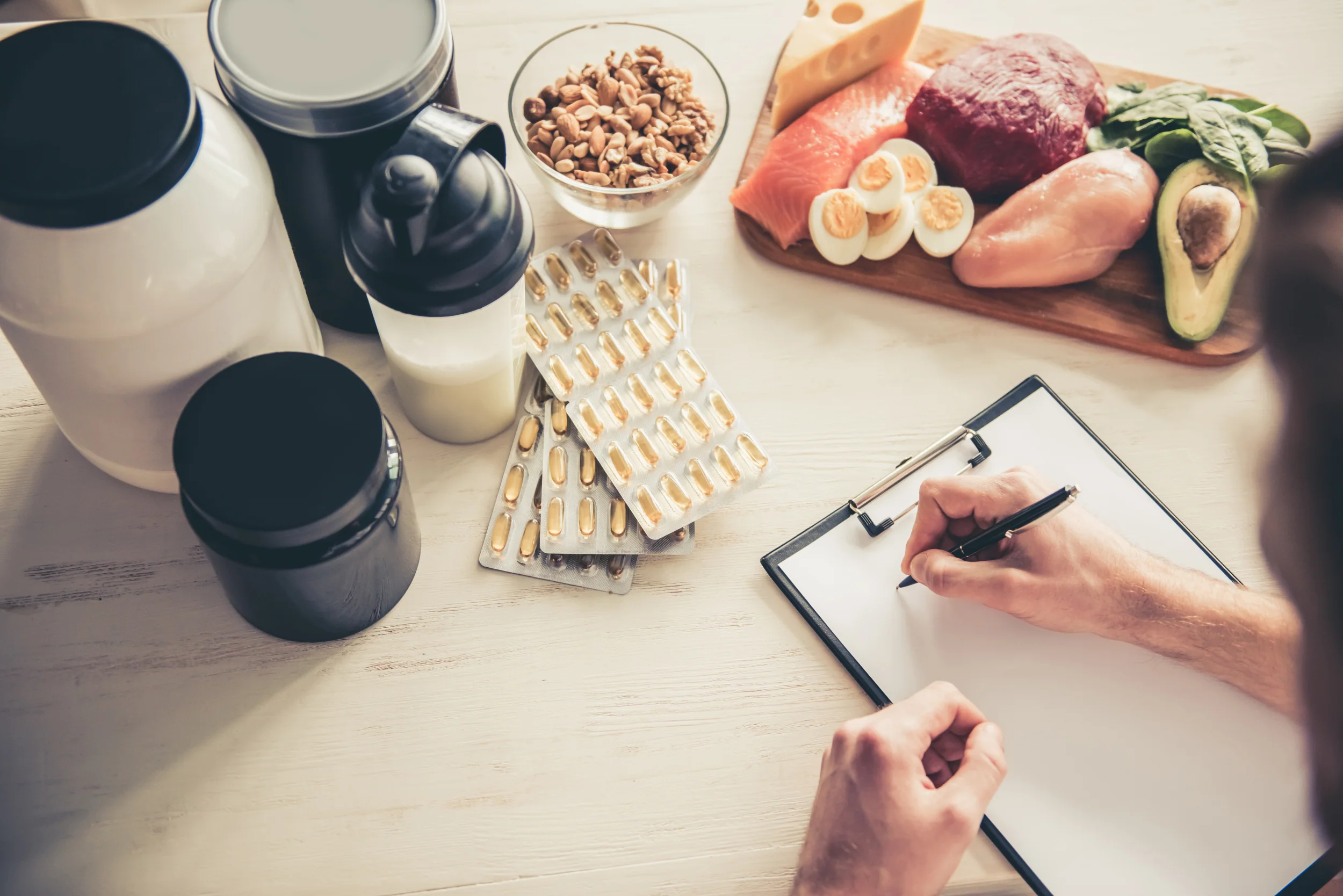
10. Post-Workout Recovery: Replenishing and Repairing
Recovery Essentials
After a workout, your body needs nutrients for recovery and repair.
Foods for Muscle Recovery
- Lean Chicken: High-quality protein.
- Quinoa: A complete protein source.
- Vegetables: Nutrient-rich for overall recovery.
11. Meal Timing and Planning for Athletes
Timing Is Everything
Proper meal timing and planning can optimize your athletic performance.
Crafting an Athlete’s Meal Plan
- Pre-Workout Meal: Fuel for the upcoming challenge.
- Post-Workout Meal: Recovery essentials.
- Throughout the Day: Consistent energy intake.
12. Supplements: When and Why
Enhancing Performance with Supplements
While food should be your primary source of nutrients, some supplements can boost your performance.
Supplement Considerations
- Creatine: For explosive power and muscle growth.
- BCAAs (Branched-Chain Amino Acids): Reduce muscle soreness.
13. Consistency: The Key to Athletic Nutrition
Staying on Course for Success
Consistency in your nutrition is the secret ingredient to achieving your athletic goals.
Tips for Nutritional Consistency
- Meal Prep: Plan your meals in advance.
- Stay Hydrated: Make water your constant companion.
- Listen to Your Body: Adjust your nutrition as needed.
Incorporating These Foods into Your Diet
Now that you know the powerhouse foods, let’s discuss how to incorporate them into your diet to optimize your performance. Certainly, let’s delve into how you can effectively incorporate these energy-boosting foods into your daily diet. Making them a consistent part of your meals will help you maintain high energy levels and support your athletic endeavors.
1. Complex Carbohydrates for Sustained Energy
Fuel Your Day: Start your mornings with a bowl of oatmeal topped with sliced bananas and a sprinkle of nuts. This combo provides a perfect blend of complex carbs and healthy fats.
Pre-Workout Power: Consume whole-grain bread or brown rice as part of your pre-workout meal. They release energy slowly, ensuring you have the stamina for your training.
2. Lean Proteins for Muscle Building
Breakfast Boost: Incorporate eggs or Greek yogurt into your breakfast routine. These protein sources are versatile and tasty.
Post-Workout Recovery: After a strenuous workout, opt for a lean protein source like chicken breast to aid in muscle repair.
3. Healthy Fats for Endurance
Snack Smart: Carry a small container of mixed nuts with you for a convenient, energy-boosting snack during the day.
Salad Enhancer: Drizzle your salads with extra-virgin olive oil to add healthy fats to your diet while enjoying delicious greens.
4. Antioxidants: Your Defense Against Fatigue
Smoothie Bliss: Blend antioxidant-rich berries with spinach and Greek yogurt for a tasty and nutritious smoothie.
Dark Chocolate Delight: Treat yourself to a small piece of dark chocolate as a satisfying way to boost your antioxidant intake.
5. Essential Vitamins and Minerals for Peak Performance
Fruit-Filled Snacks: Incorporate fruits like oranges and bananas into your snacks for a quick vitamin and mineral boost.
Leafy Greens in Meals: Add spinach to your omelets, sandwiches, or salads to infuse your meals with essential nutrients.
6. Caffeine: The Performance Enhancer
Strategic Coffee Breaks: Enjoy a cup of coffee about 30 minutes before your workout for a caffeine boost that can enhance your focus and stamina.
Choco-Boost: If you prefer a sweet treat, have a small piece of dark chocolate before your workout.
7. Smart Snacking for Energy
Yogurt On-the-Go: Keep single-serving cups of Greek yogurt in your fridge for quick, protein-packed snacks.
Fruit Nibbles: Sliced fruits like apples or berries are excellent snacks that provide natural sugars for energy.
8. Meal Ideas and Recipes
We’ll provide you with some delicious meal ideas and recipes to make these energy-boosting foods a part of your daily routine.
Timing Matters: When to Eat for Optimal Performance
Eating the right foods at the right times can significantly impact your athletic performance. Let’s break it down.
Pre-Workout Nutrition
Discover what to eat before your workout to ensure you have the energy needed for a successful session.
During Exercise Fueling
Learn how to stay energized during prolonged workouts or competitions.
Post-Workout Recovery
Find out which foods aid in muscle recovery and reduce post-exercise fatigue.
The Danger of Energy-Draining Foods
Not all foods are created equal. Some can drain your energy and hinder your progress. Let’s identify them.
Supplements: Enhancing Athletic Performance
While a balanced diet is essential, supplements can complement your nutrition and boost your athletic performance.
Listen to Your Body: Personalized Nutrition
Finally, we’ll emphasize the importance of listening to your body. Your nutritional needs are unique, and tuning in can lead to peak performance.
Enhancing Athletic Performance
When boosting your energy levels, you have two main paths to choose from: natural energy sources or artificial stimulants. Understanding the key differences between these two options can significantly impact your overall well-being and vitality.
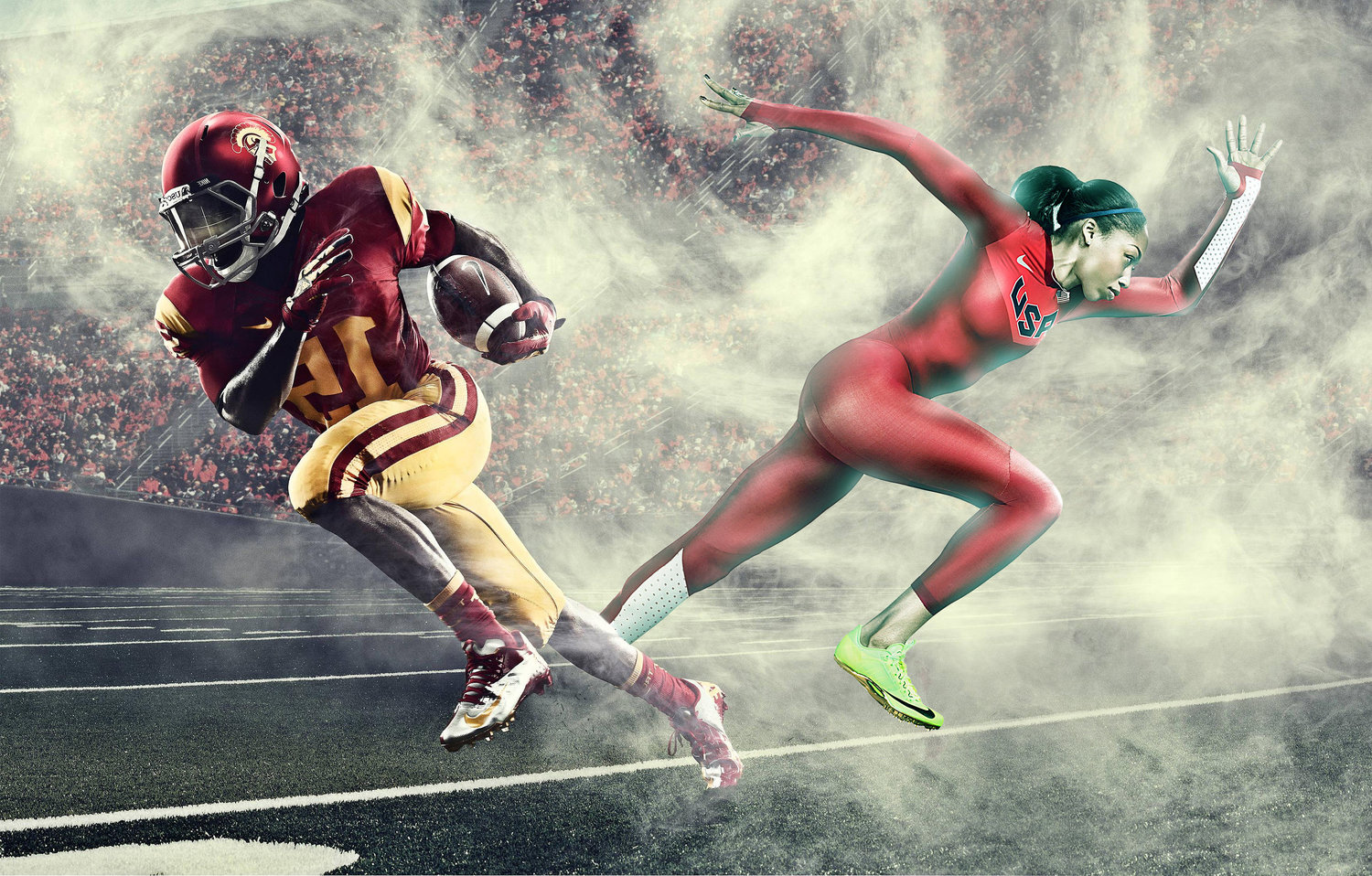
Natural Energy: Sustained and Nourishing
Natural energy sources are those derived from whole, unprocessed foods. They offer a sustained and nourishing way to power your body and mind. Here’s why they are the preferred choice:
1. Balanced Nutrients: Natural energy sources come packaged with a balanced combination of macronutrients like carbohydrates, proteins, and healthy fats, as well as essential vitamins and minerals. This balance provides a steady release of energy throughout the day.
2. Complex Carbohydrates: Whole grains, fruits, and vegetables are rich in complex carbohydrates. These carbs are digested slowly, preventing blood sugar spikes and crashes, common with artificial energy sources.
3. Nutrient Density: Natural foods are often nutrient-dense, providing a wide array of vitamins and minerals that support your overall health and vitality.
4. No Side Effects: Natural energy sources are free from the side effects commonly associated with artificial stimulants, such as jitteriness, increased heart rate, and sleep disturbances.
Now, let’s take a closer look at the other side of the coin:
Artificial Energy: Quick, but at a Cost
On the other hand, artificial energy sources offer a quick but short-lived boost. These often come in caffeinated beverages, sugary snacks, and energy drinks. Here’s what you need to know:
1. Quick Fix: Caffeine and sugar can provide an almost instant burst of energy. They stimulate your central nervous system, giving you a feeling of alertness.
2. Energy Crashes: The downside of this quick energy boost is the inevitable crash that follows. As the effects wear off, you’re left feeling more tired than before.
3. Dependence: Relying on artificial energy can lead to dependence. Over time, you may need more caffeine or sugar to achieve the same level of alertness.
4. Health Risks: Excessive consumption of caffeine and sugar can have adverse health effects, including increased blood pressure, heart palpitations, and weight gain.
Conclusion
In this article, we’ve explored the top 10 energy-boosting foods for athletes, discussed their benefits, and provided insights into timing, hydration, and personalized nutrition. By incorporating these foods into your diet and following our guidelines, you can supercharge your athletic performance and crush your goals like never before.
FAQs – Energy-Boosting Foods for Athletes
Q: Are energy drinks a good choice for athletes looking to boost their performance?
While some athletes use them, it’s best to opt for natural sources of energy.
Q: Can I get enough protein from a vegetarian or vegan diet?
Absolutely! Plant-based sources like tofu, beans, and nuts are protein-rich.
Q: How much water should I drink before and during a workout?
Aim to stay hydrated before and sip water throughout your workout.
Q: What’s the best way to incorporate these foods into a meal plan?
Plan balanced meals with a mix of these energy-boosting foods.
Q: Are there any specific foods I should avoid before exercising?
Avoid heavy or greasy foods; opt for easily digestible options.

